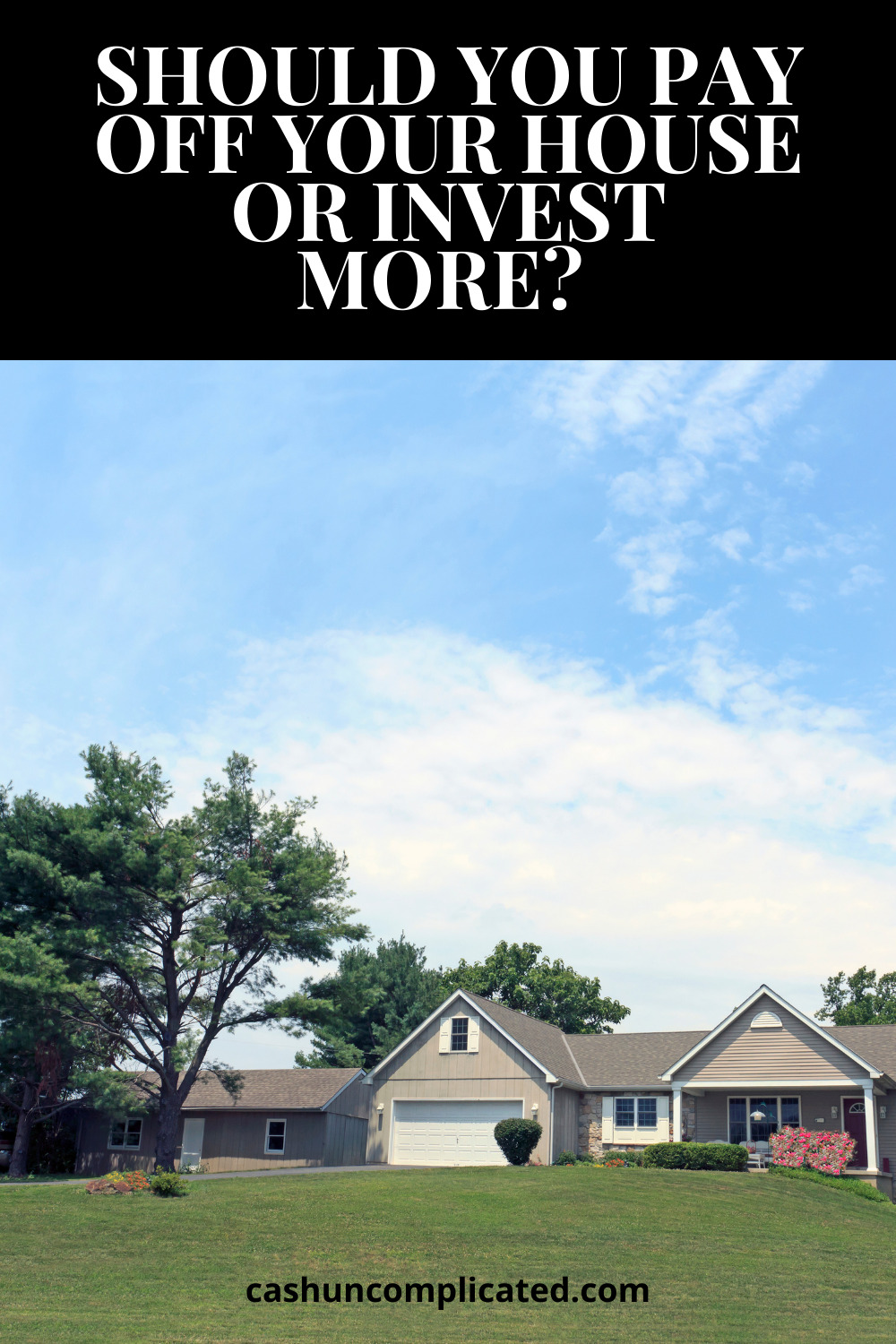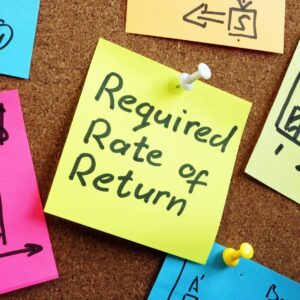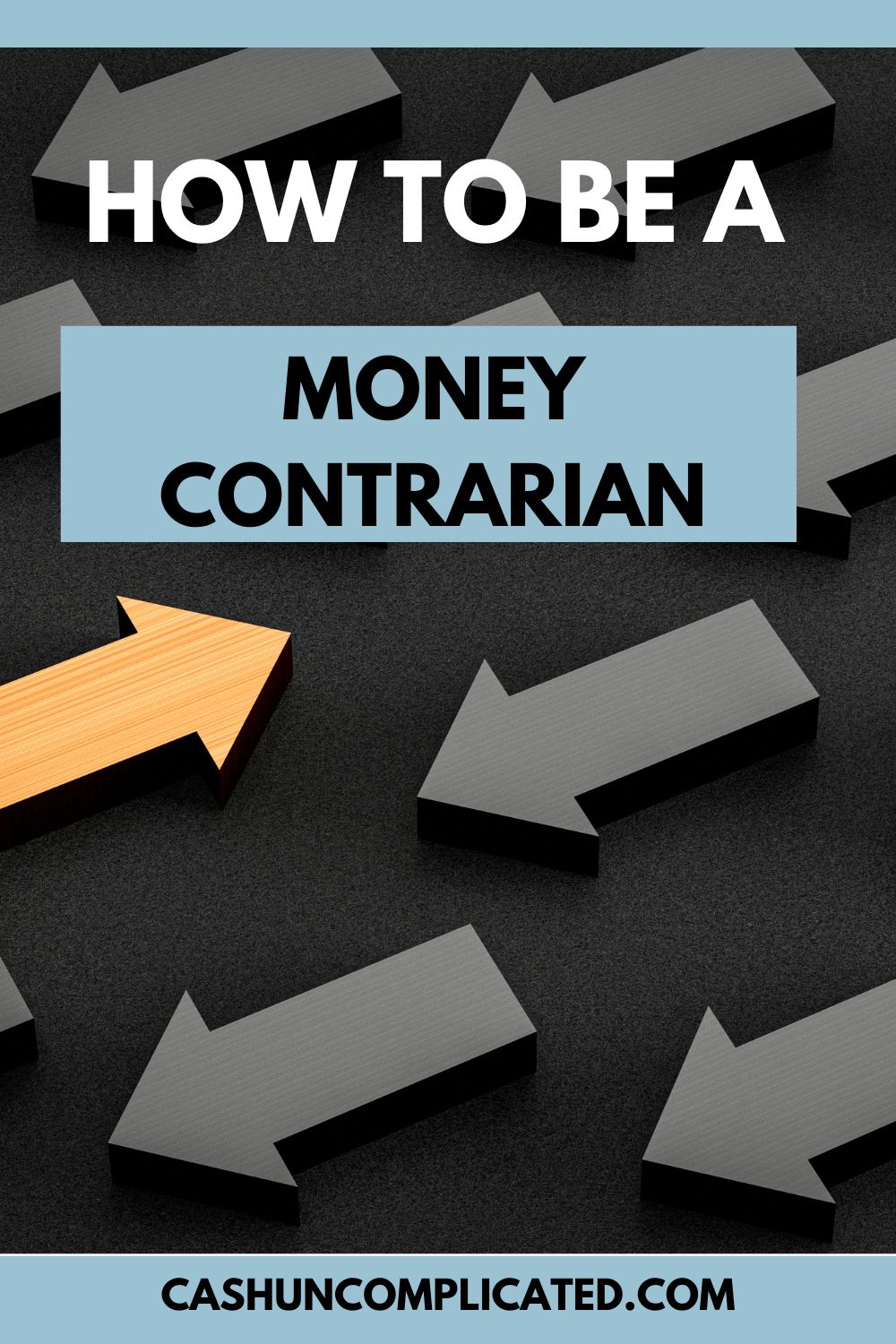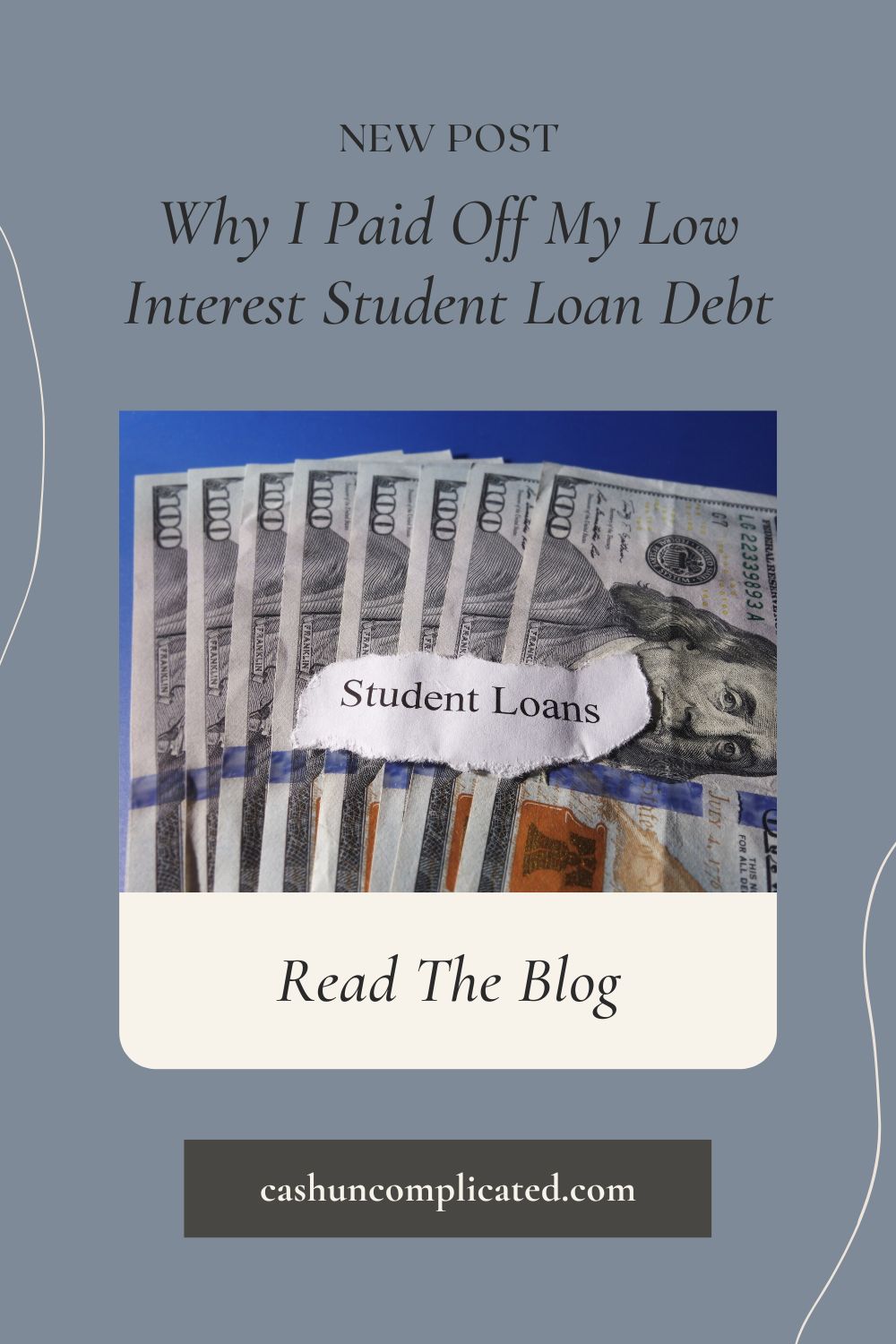It’s a great position to be in. All consumer debt has been paid off, or never existed in the first place. You’re doing well in your career, invest 10 percent or more of your income, and have plenty of savings in your emergency fund. You also own your own home and don’t plan on moving anytime soon. You’re at a point where you have a surplus of money coming in every month.
You’ve got everything you need and don’t necessarily want to increase your lifestyle costs or take more expensive vacations. You want to do something that will help build financial security and ensure a comfortable retirement. You’ve narrowed it down to two things: pay off the house or invest more. What’s the right answer?
If you’ve read any of my previous posts, you know there is rarely a one size fits all answer. What works for one person may not work for you. And what works for you, may not work for another person.
For an answer to a question like this, the first thing I recommend is going back to your values. What few things do you most value? And how would choosing to pay off your house early or invest more align with those values?
Personal Finance Isn’t Just About the Numbers
In a vacuum, personal finance is easy. Just do what makes the most mathematical sense and make your decision based on that. Easy and done. However, personal finance isn’t just about the numbers. We’re talking about your life here, and what you value and don’t value. What you want, and don’t want.
For example, some people are very comfortable carrying debt on income producing assets while others are completely debt adverse. The person comfortable carrying debt would probably choose not to pay off their house, and instead use the extra money to purchase more assets. The person who is debt adverse would likely use the extra money to pay off their house to eliminate their house payment.
In personal finance, we have a lot of things to consider. Our values, our emotional reaction to financial issues (good and bad), life goals, our history with money, and much more. Combine that with trying to optimize what’s best mathematically, and you’ve got your answer.
Rephrase the Question
Whenever I have a question, I think about whether that is the right question or if there’s a better question. I often rephrase the question or ask an entirely different question altogether. Asking the right question is obviously critical to getting the best answer.
When examining the question of paying off a house versus investing more, I don’t think that’s the right question. The reason I don’t believe it’s the right question is because it is an all or nothing question.
I think the better question is more geared towards what should be done with the surplus. A question like: How should I distribute a monthly surplus? Most people come in with the assumption that it has to be 100 percent one way or the other, when in reality it’s rarely 100 percent.
Now that we have changed our paradigm by rephrasing the question, let’s answer the new question. To review, someone is in an already great financial position and wants to figure out how to distribute their monthly surplus between investing more and paying off a house early. How should that money be distributed?
Multiple Options
One option is to go in full attack mode on the house debt. Put your head down and throw all your extra money into the principal on the house note. Get the house paid off as quickly as possible and have no mortgage. An exceptional financial position to be in.
For example, let’s use someone with a $300,000 mortgage who just purchased their home. At a three percent interest rate, principal and interest is approximately $1,265 per month. If they pay just $1,265 it will take 30 years to pay off the house. At that rate it will cost approximately $155,332 in interest alone.
If instead the mortgage holder pays an extra $1,000 per month, it would take a little under 15 years to pay off the loan and cost $64,819 in interest. That’s over 15 years of payments saved, totaling $90,513. Not a bad position to be in. Fully paid off house and over 15 years of payments saved. Lots of people would love to be in that position.
Here’s another option. Instead of putting the extra $1,000 into paying off the house, the mortgage holder could pay just the minimum on the mortgage payment and invest $1,000 per month for the next 30 years while the house is being paid off. After 15 years, the mortgage holder would have approximately $419,397 assuming a 10 percent rate of return.
Since the house wouldn’t be paid off like in the first scenario, they would still have approximately $197,337 left on the mortgage. $197,337 subtracted from $419,397 equals $222,060. After 30 years, the person who invested the money instead of paying their house off would have $2,171,321 plus a paid off house.
The person who paid their house off early would be able to take all the money ($2,265) they used to put into their house payment and put it all towards investments. After 30 years, they would have $949,934 plus the $197,337 saved in mortgage interest by paying off the home early. Total of $1,147,271.
Rate of Return
Assuming a 10 percent rate of return on investments, it’s more cost efficient to pay off the house over 30 years and invest more money early. However, there are a few factors that complicate the decision. First, the market is not guaranteed to produce 10 percent. It could provide those returns or better, or it could provide much less if there’s an extended down period. Paying off the house early provides a guaranteed three percent return for 15 years by eliminating that debt.
There’s also the emotional component. Some people would just prefer to pay their house off early and not have to deal with principal and interest payments any longer. Maybe they’ll sleep better at night, or just feel better about their overall financial picture. There are a lot of reasons people might want to pay off their home early.
Even More Options
There are countless ways to be creative in a situation like this. You can pick paying off the house or investing like in the examples above. Or you can split it 50/50, or use another percentage. With $1,000 extra to invest, $500 more can go towards principal and interest and $500 can go towards investments. Or $600 more towards the house payment and $400 towards investments also works, or vice versa. A $700/$300 or $800/$200 combination also works.
All the options work, it’s just about what’s best for you and your family. Continuing to be creative, you can also frontload the full $1,000 in the first year or two to investments, allowing compounding to happen more quickly. Or you can do that for the first five years, it’s really up to you. Then you can go to a 50/50 distribution, or start paying down the house after that. It all works as long as the money is being allocated to investments or debt pay down, which is an “addition by subtraction” form of investing.
You’re Winning Either Way
The important thing to remember is that you are going to win with any strategy you pick. As long as that strategy involves investing or paying down the principal and interest on the house. There’s optimization—which in the pure numbers sense is the greatest financial win. It’s following the math and not factoring in others aspects to a personal finance decision.
Then there’s the emotional component, or piece of mind element to any personal finance decision. The most optimal strategy isn’t always what’s best for you at the time. The math might say to leverage your money, but that may not be something you are comfortable with. If that strategy is going to cause you sleepless nights, then it’s just not worth it. Success in personal finance is supposed to make life less stressful, not pile on more stress.
Our choices in what we do with our money have a way of trickling into our personal lives. That’s why it’s called “personal finance” and not just “finance.” They’re interconnected and things aren’t always as clean as we’d like them to be. This is one of the reasons I am a principle based investor.
The principle in this scenario is simply to invest. Whether that’s done by utilizing the extra money to invest, or paying down a house is totally up to the individual. With principle based investing, it’s reassuring to know that you are going to win either way. It’s just a matter of by how much you’re going to win and how much risk you’re willing to take on. If you’re agonizing over a personal finance decision, take a step back and remember that you are winning either way.
Conclusion: An Enviable Position
It’s also helpful to remember that you are in an enviable position. If you had told yourself 10 years ago that not only would you own a house, but that you would have an option to pay it off early or invest more, you probably would have been ecstatic. Most people would sign up for that deal without hesitation. You are in a great position where it’s going to be easy to win both short and long term. Enjoy the victory and don’t forget to keep perspective.
If you had an extra $1,000 every month, would you pay down your house faster or invest the money?












